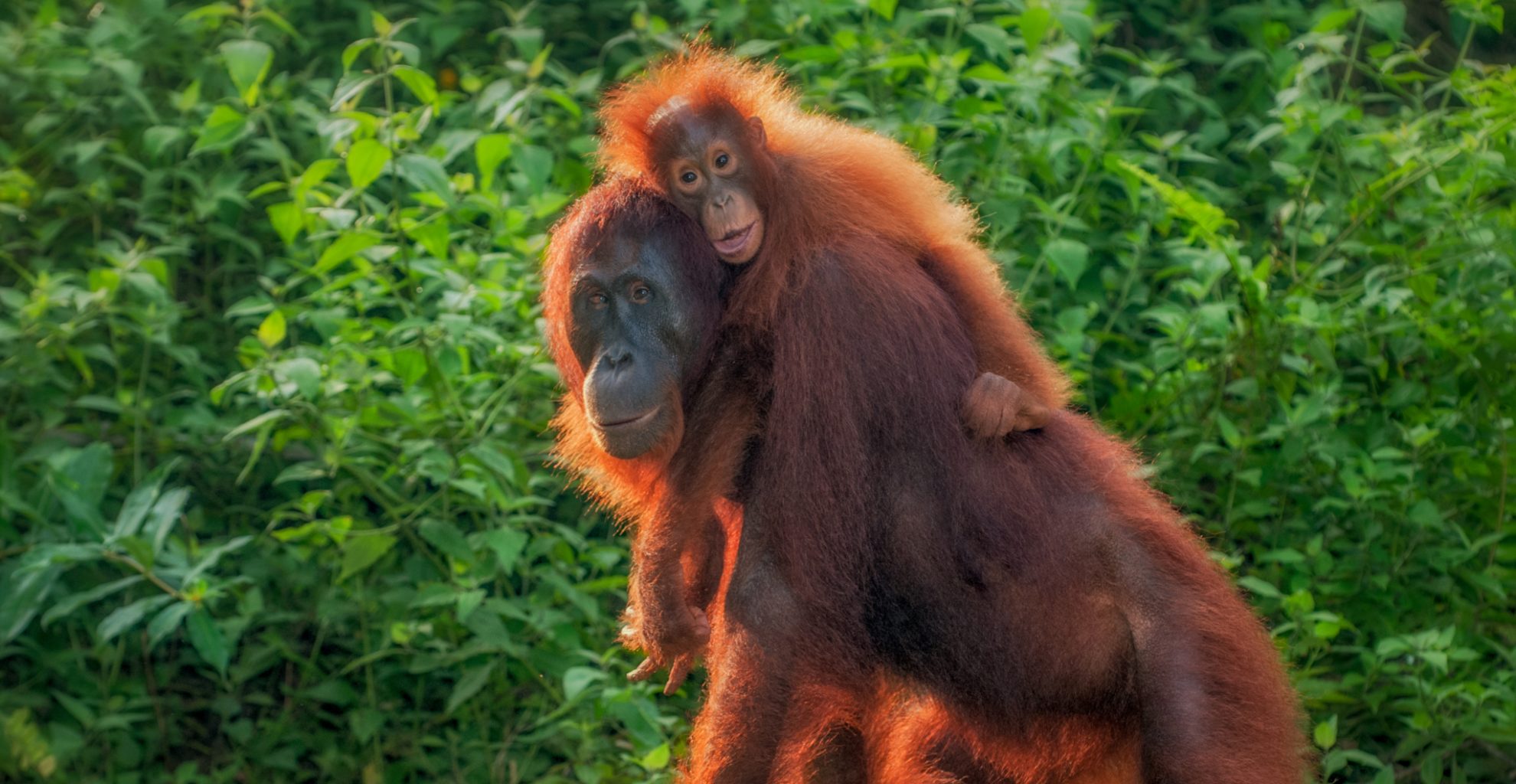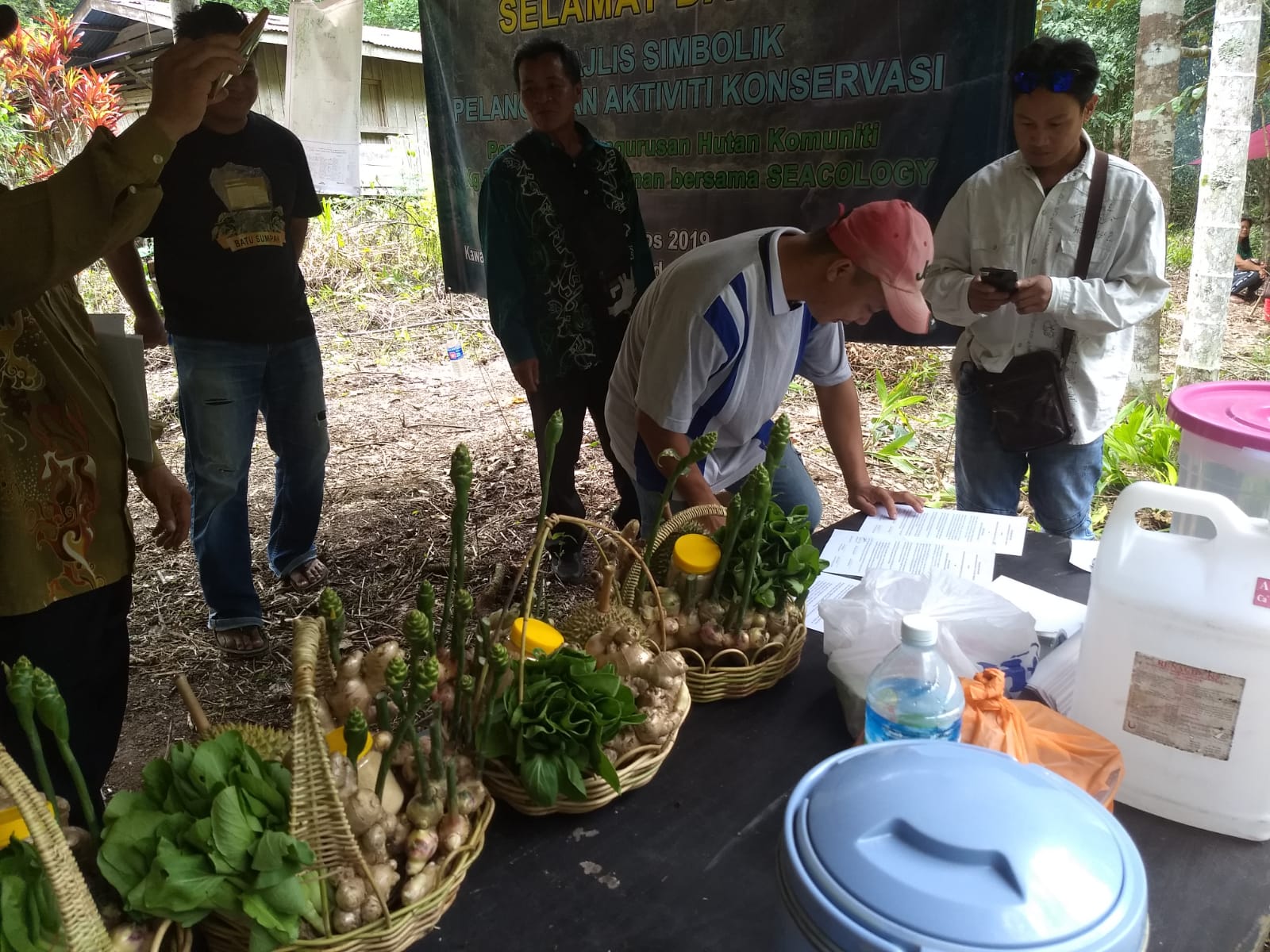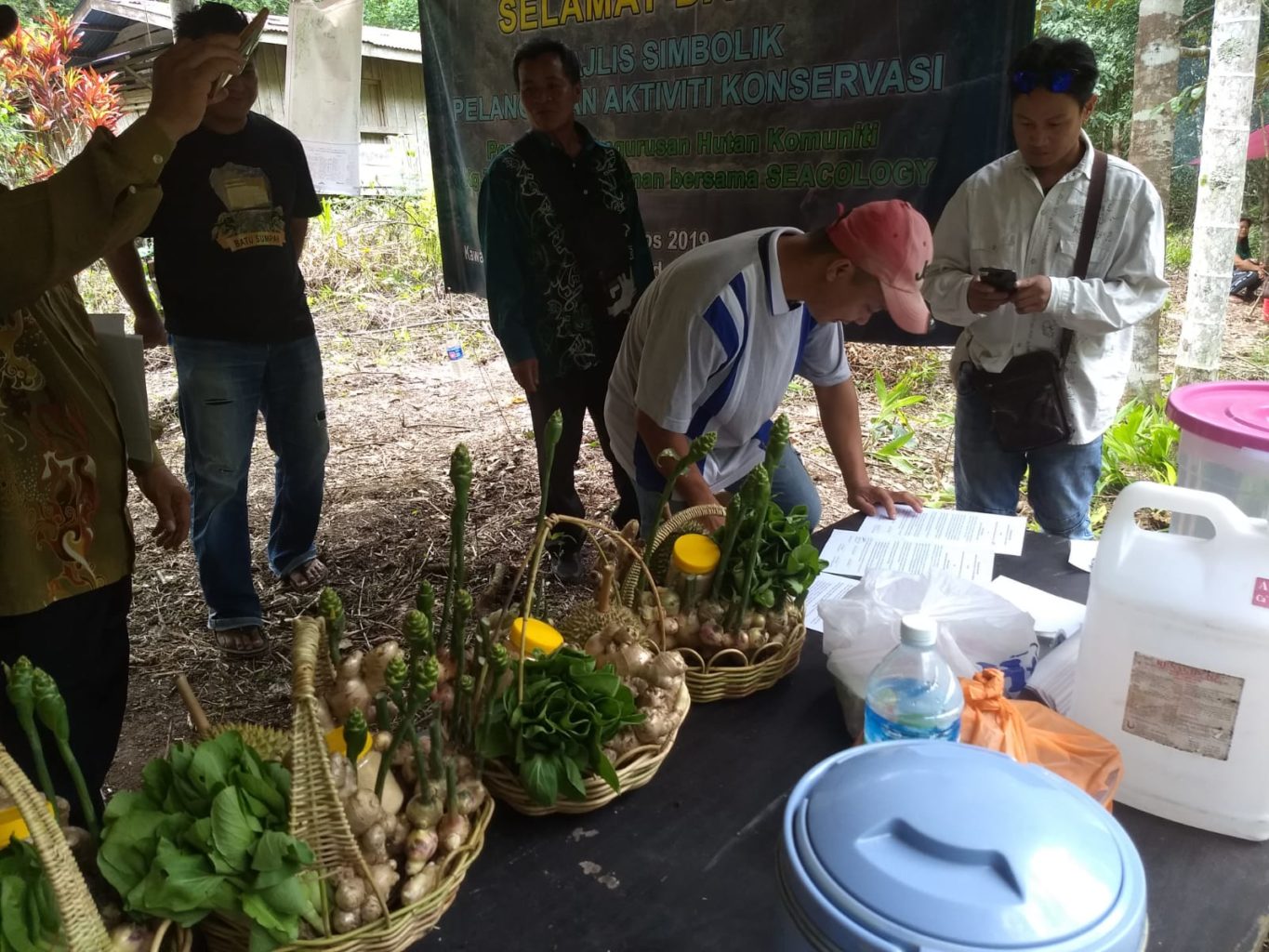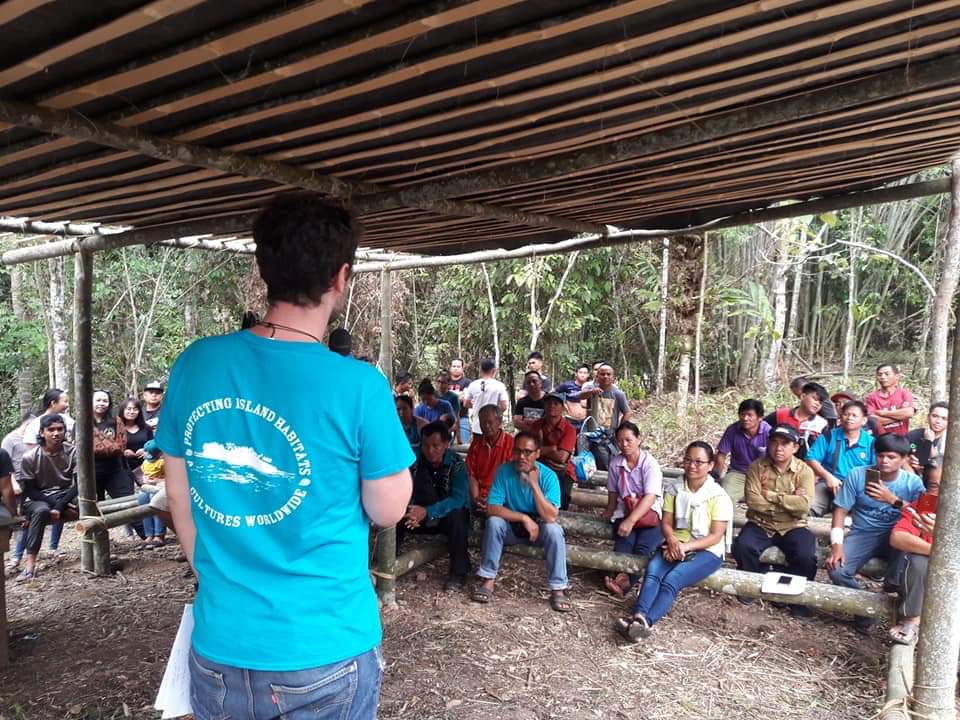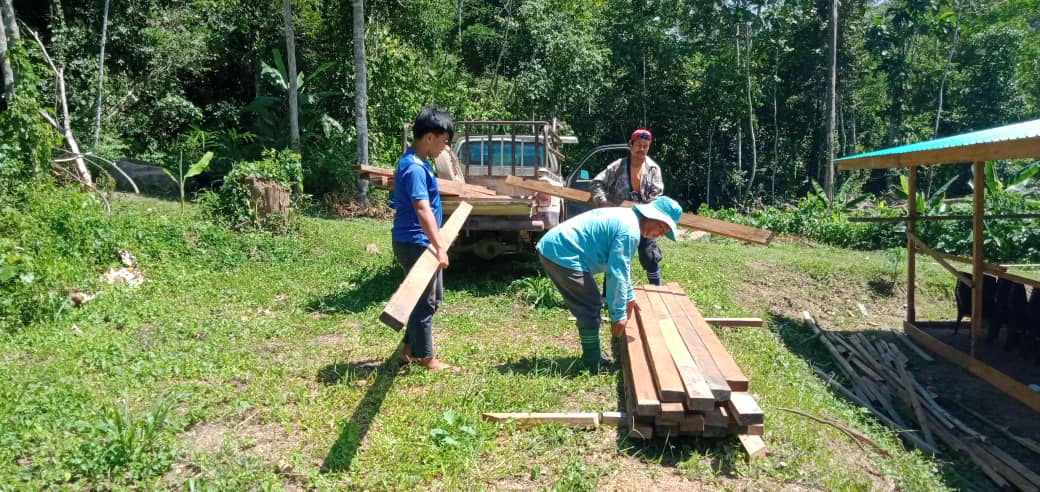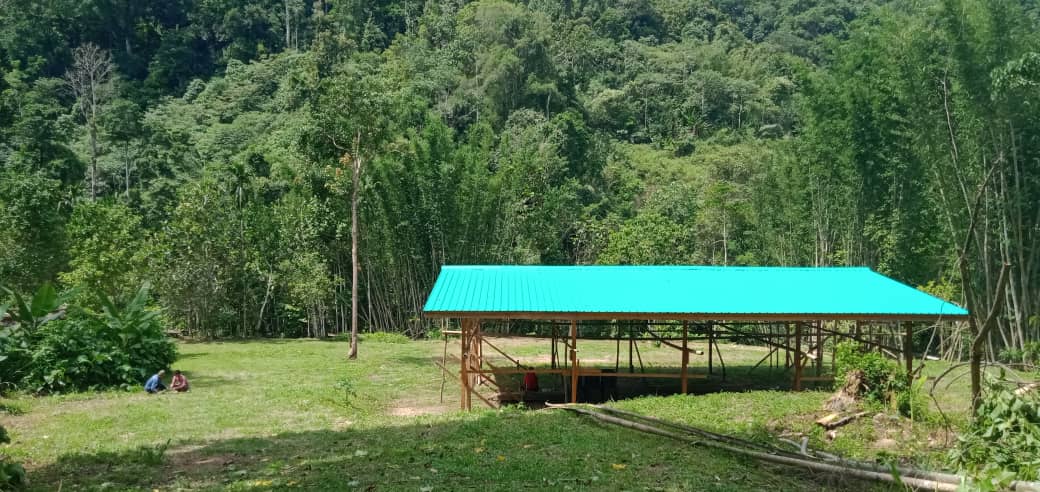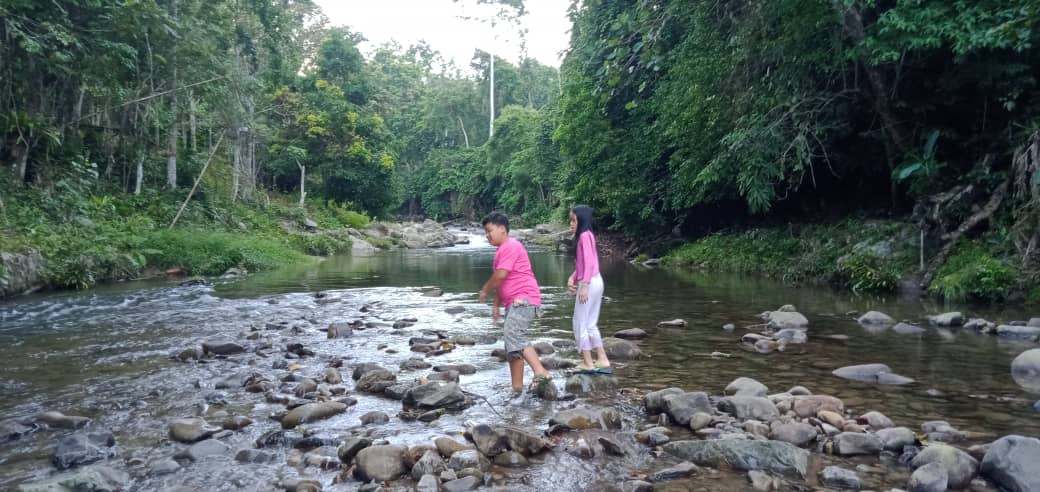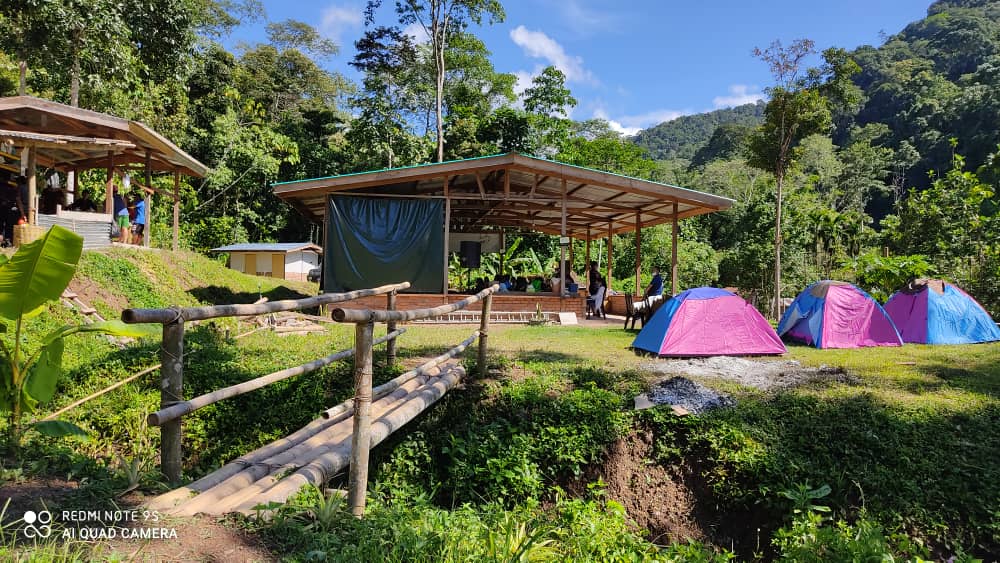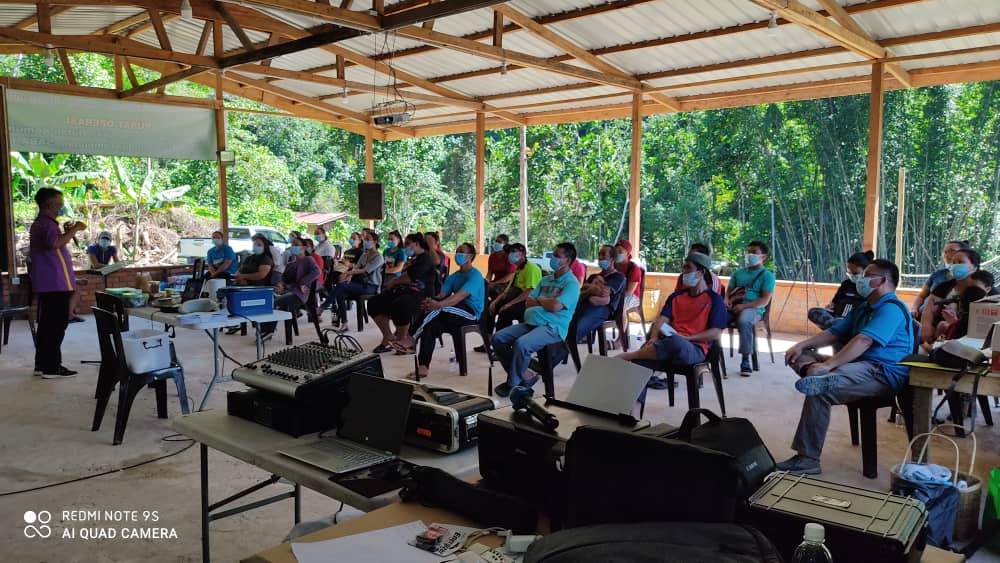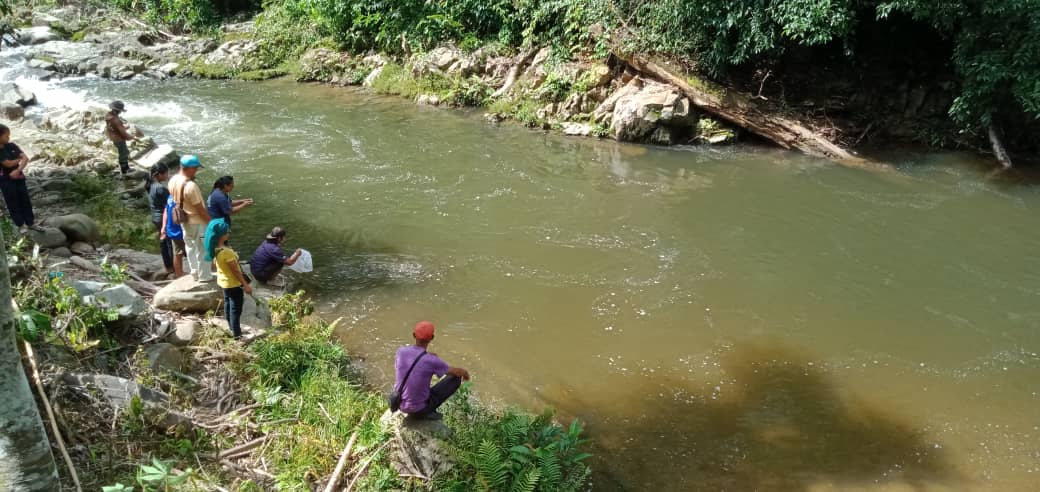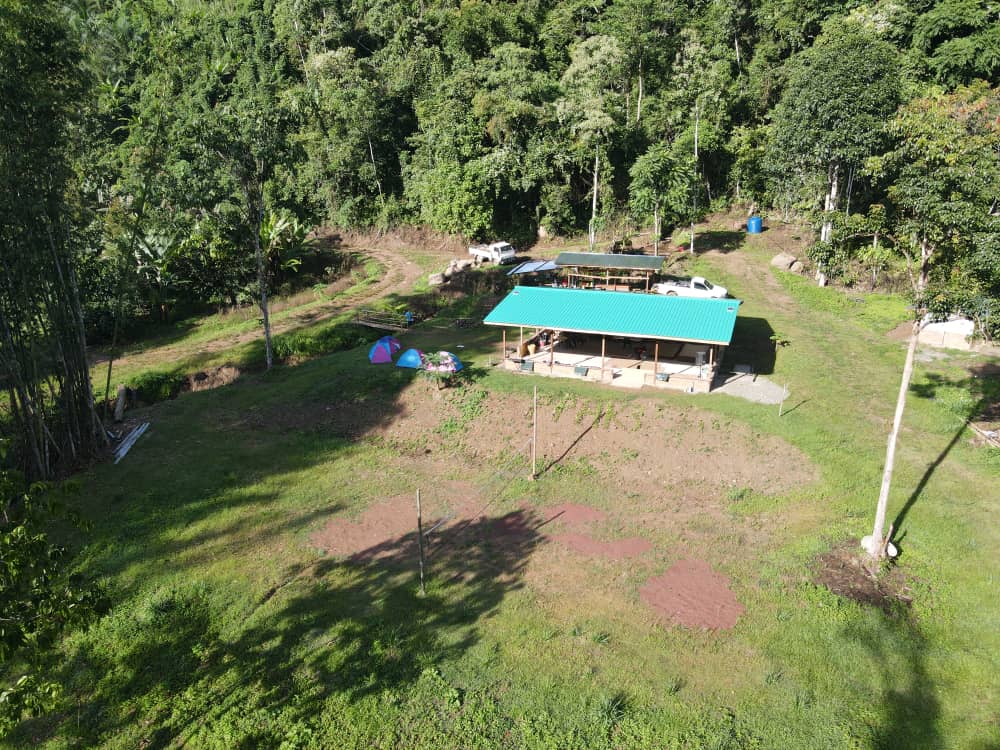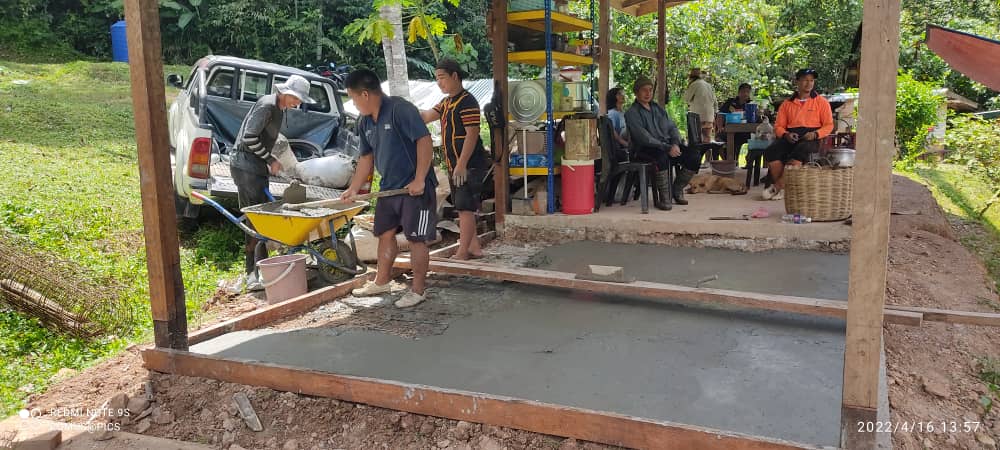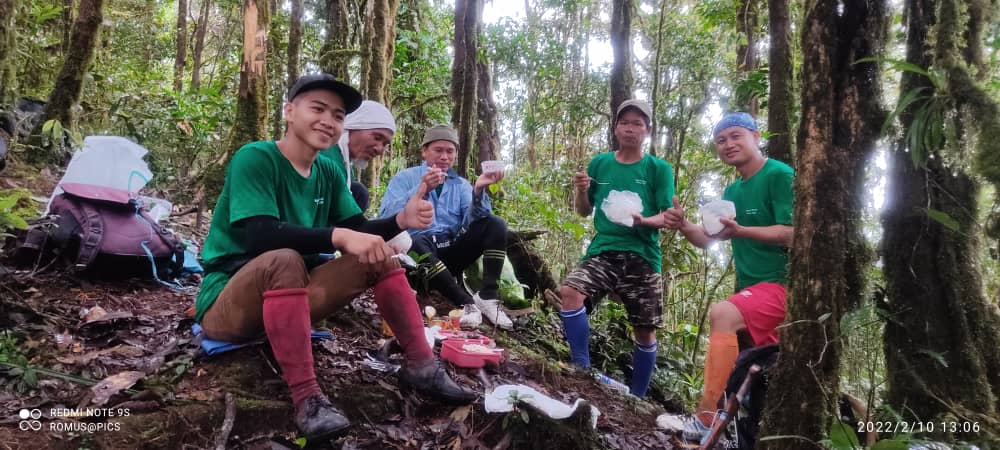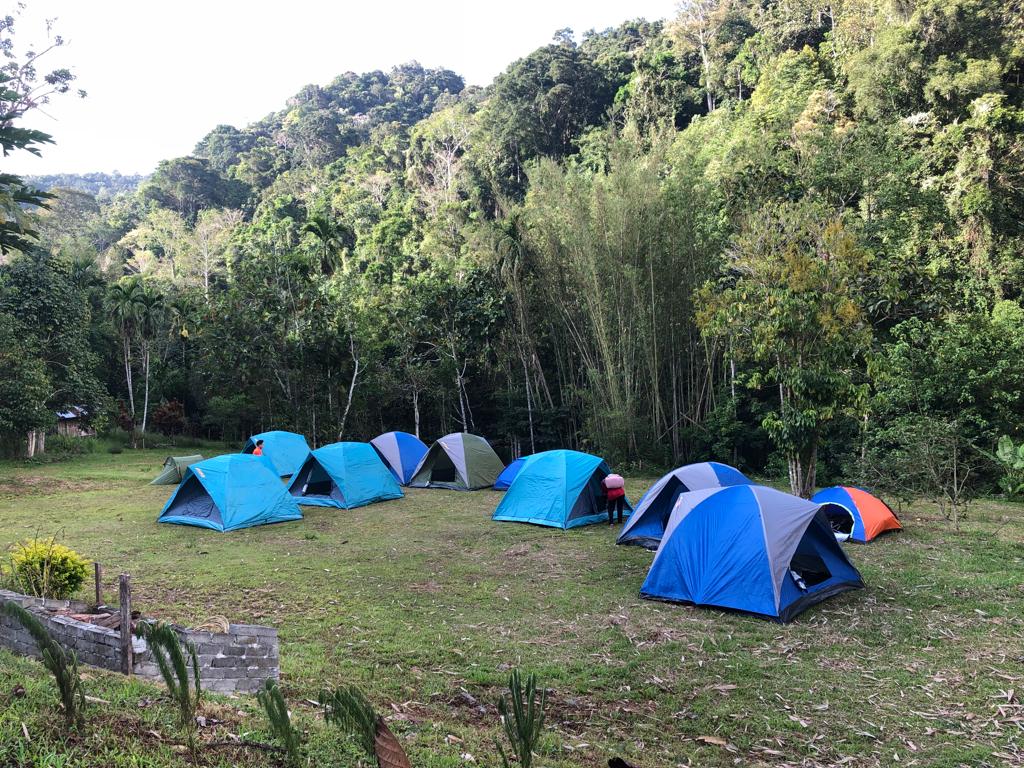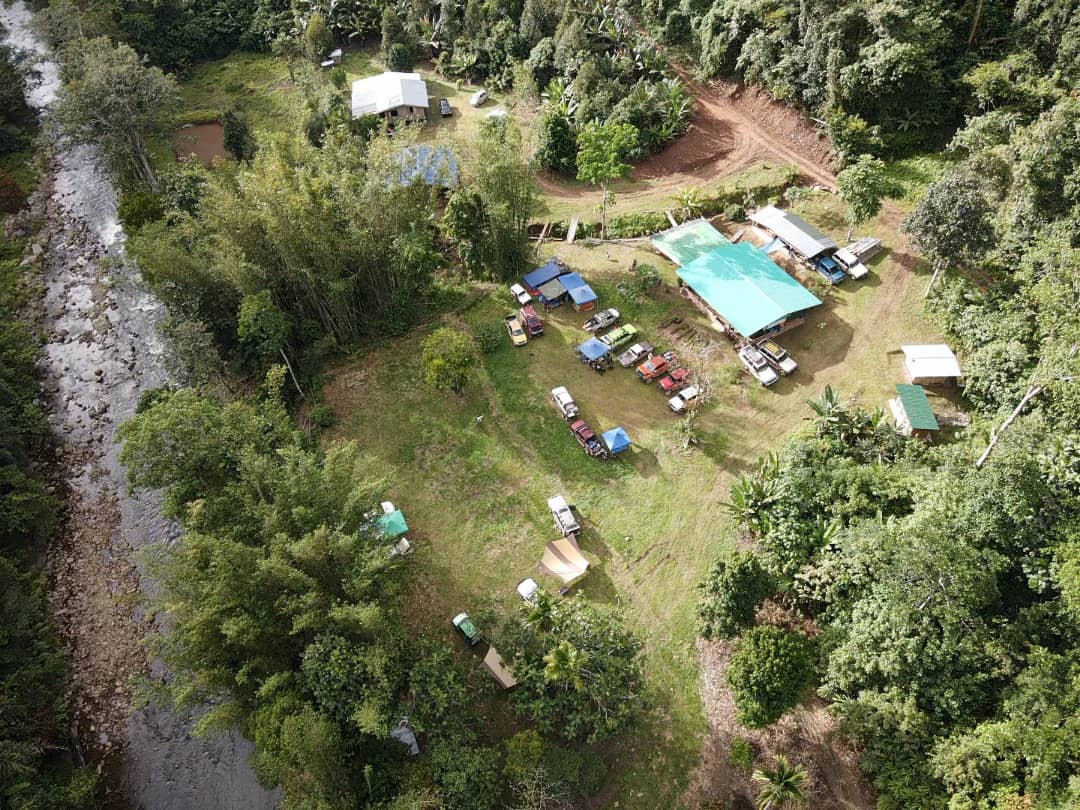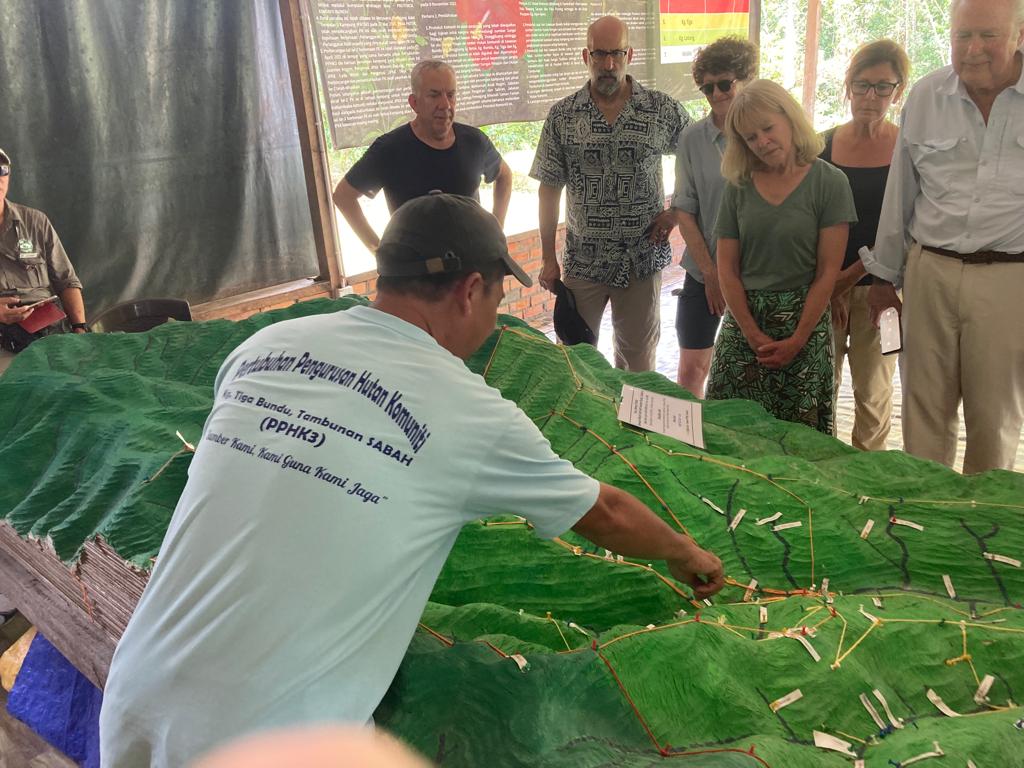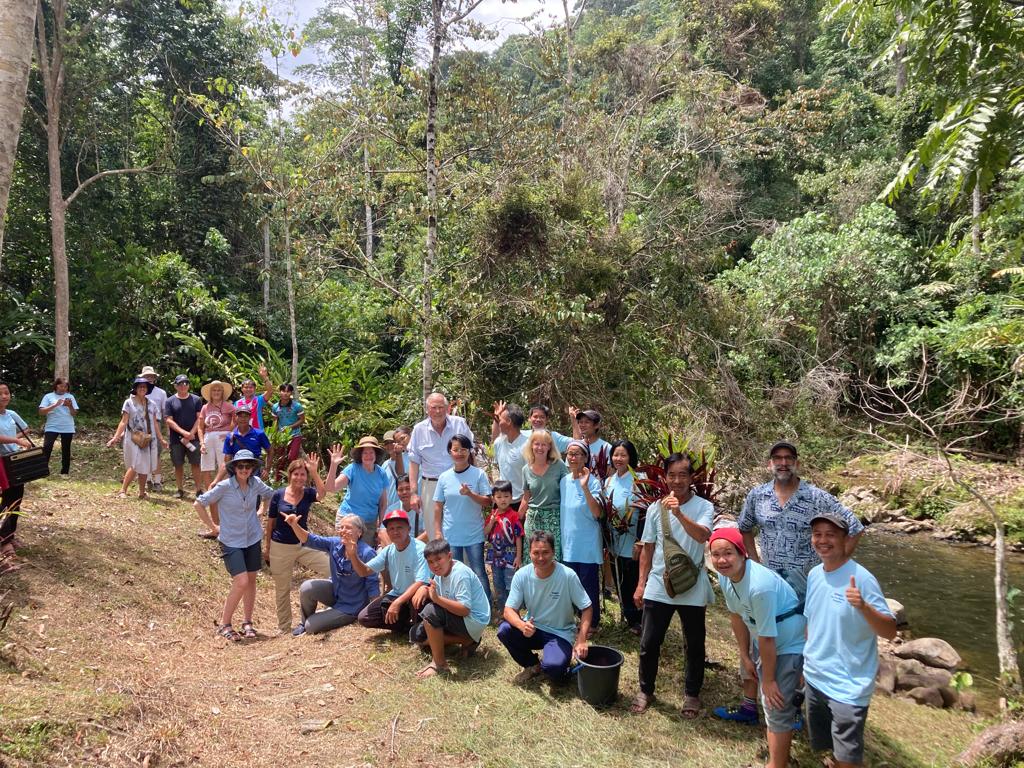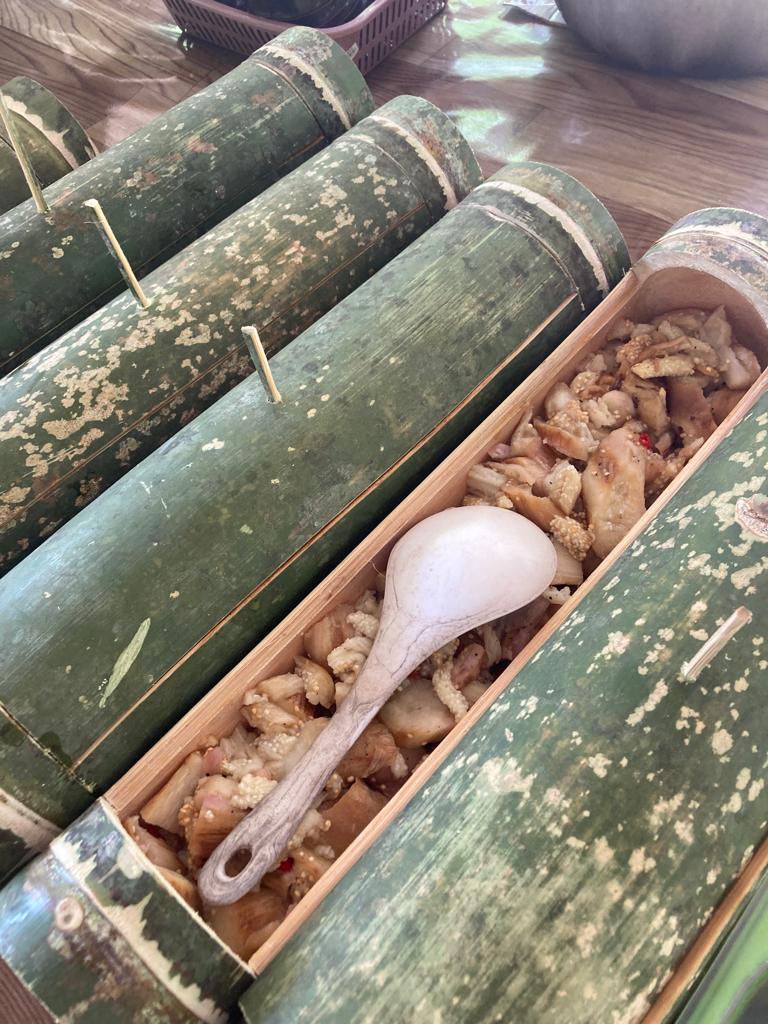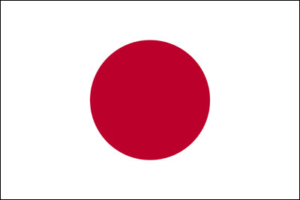Two key facts underpin all conservation efforts in Borneo: First, the island is a marvel of biodiversity. Biologists have identified tens of thousands of species of plants and animals, and discover more all the time. Second, this wondrous environment is under constant, serious threat from development, especially oil palm plantations.
This project will protect thousands of acres of rare virgin tropical rainforest in the northeast part of the island. The area includes some of the last remaining orangutan habitat, the world’s largest flower (Rafflesia), and pristine waterfalls.
The people of Tiga Bundu Village are from the indigenous Dusun ethnic group. Most of the villagers’ income comes from farming rice and ginger; they are also known for traditional medicines from the forest. When a logging company proposed to clear nearby forest, the village challenged it in court. After five years, they won–an incredible victory over a powerful adversary. Since then, the community has fought other threats, including a West Malaysian timber company that wanted to clear more than 1,000 acres of virgin forest.
The community has concluded that the best way to protect its forest is to foster ecotourism. Villagers plan to develop their traditional rattan-harvesting paths into a series of hiking trails, the longest close to 20 miles. The trails will attract local school groups and take advantage of the growing local camping culture. The community will set up a small chalet for tourist groups. They will also install interpretive signs and small huts along the trails, where hikers can spend the night.
The community has worked with several international organizations on mapping and wildlife monitoring initiatives and with PACOS Trust, a successful Seacology partner in Malaysia.



